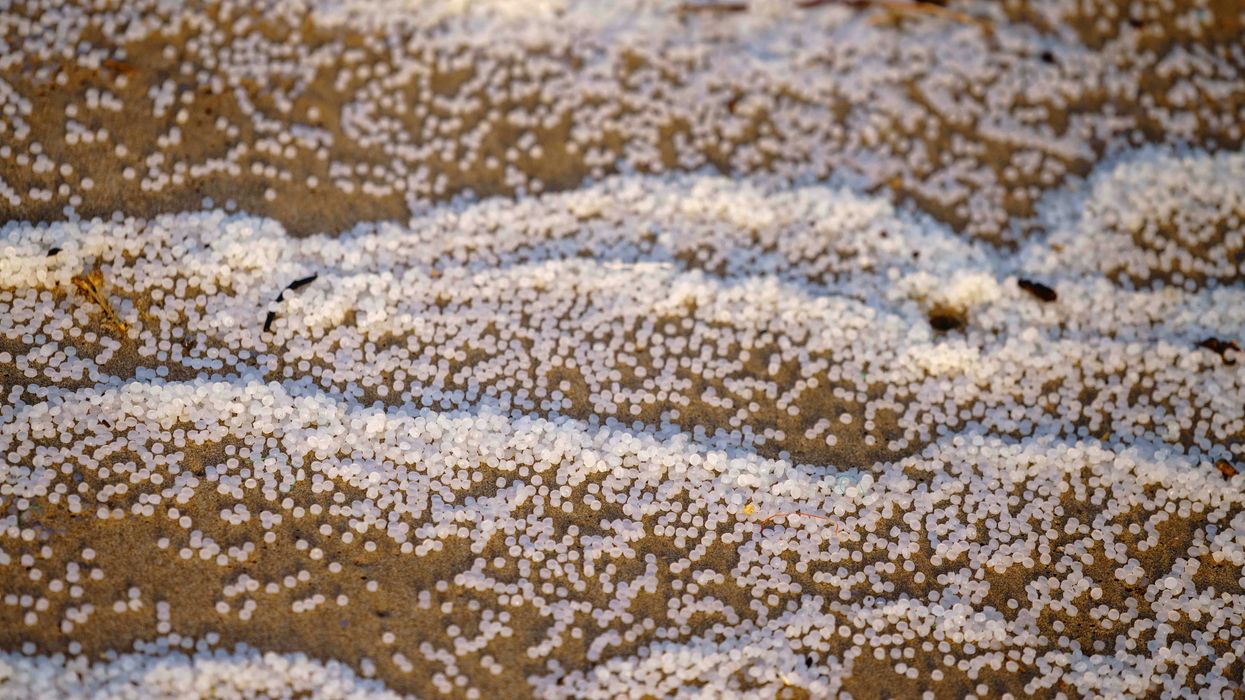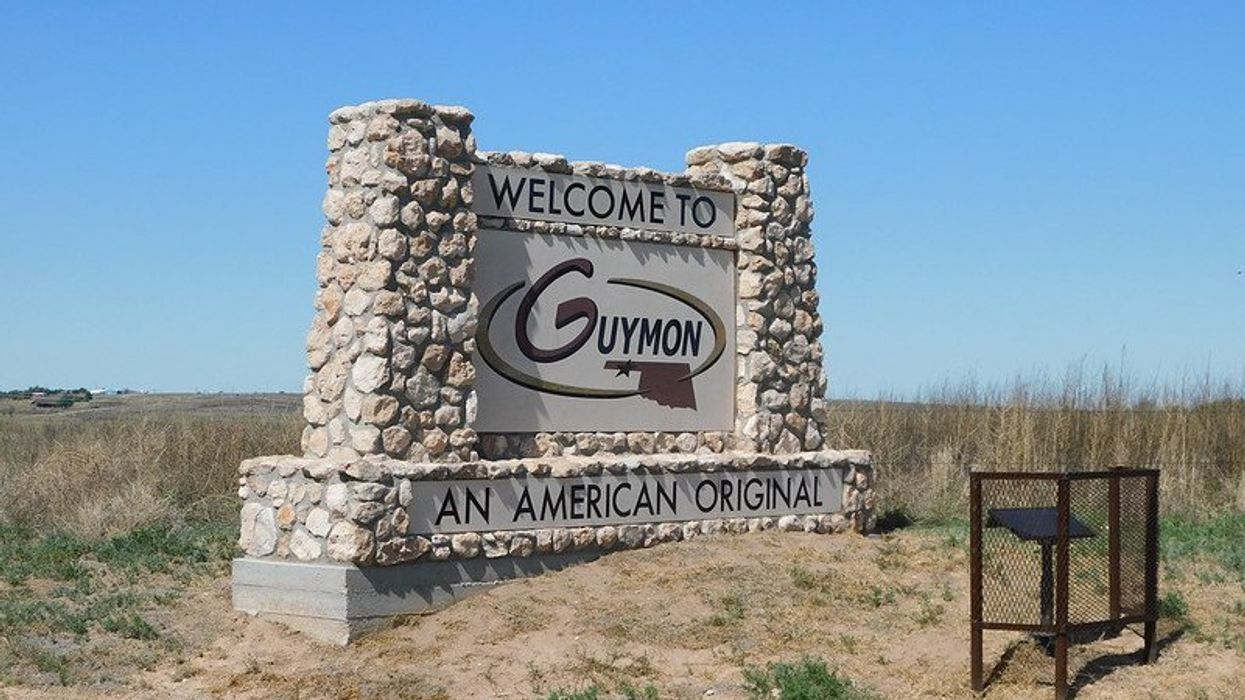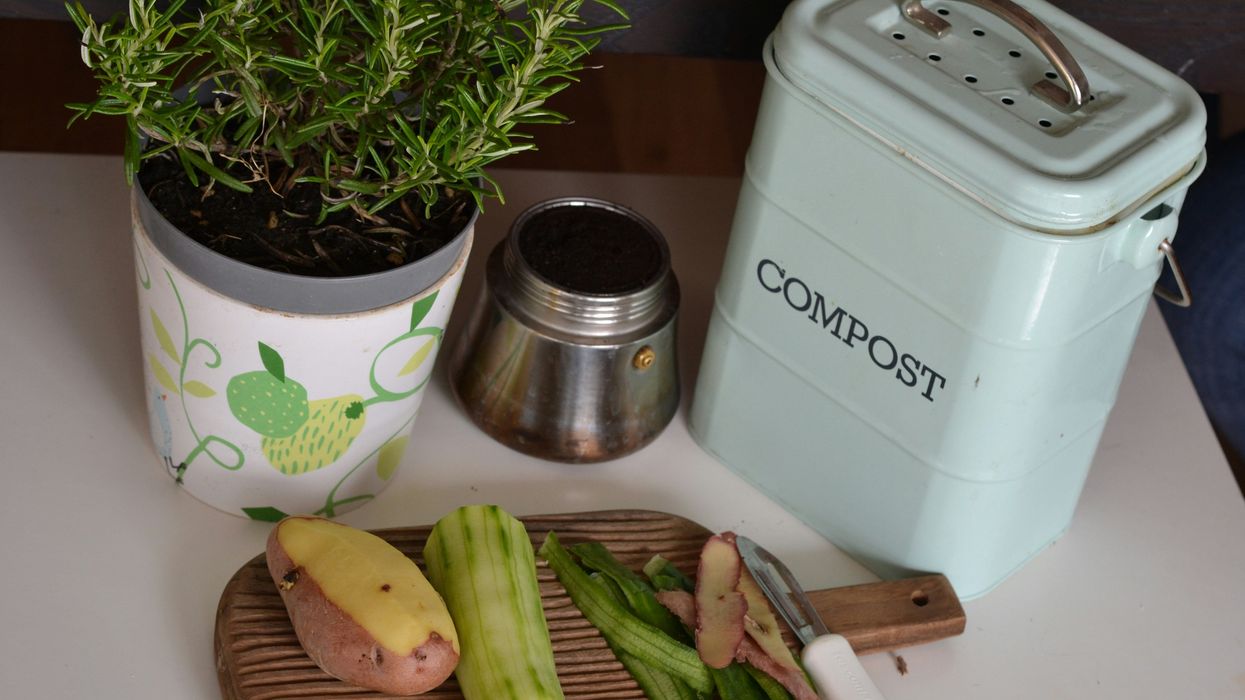A newly operational plastics facility in Beaver County, Pennsylvania is raising concerns over potential environmental impacts due to increased pollution and the presence of plastic pellets, or nurdles, in the local waterways.
Kiley Bense reports for Inside Climate News.
In short:
- The Shell cracker plant in Beaver County uses ethane to produce substantial amounts of plastic, with noticeable pollution impacts on the Ohio River.
- Local environmental advocates, including Evan Clark from Three Rivers Waterkeeper, have observed chemical odors and a significant presence of plastic nurdles in the river, indicating possible contamination.
- The site's history as a heavily contaminated industrial area adds to concerns, with legacy pollutants and ongoing heavy metal contamination from stormwater also cited as issues.
Key quote:
"They’re about the size of a Lego nubbin or a lentil. Once these things enter our waterways, they’re near impossible to clean up."
— Heather Hulton VanTassel, executive director of Three Rivers Waterkeeper
Why this matters:
Nurdles, the raw material used in the manufacture of nearly all plastic products, are tiny, lentil-sized pellets that can wreak significant havoc on marine environments. These pellets are notorious for their ability to escape into waterways during production and transport stages. Once in the environment, they are often mistaken for food by wildlife, leading to lethal consequences for birds, fish, and other marine organisms.
Related EHN coverage:

















